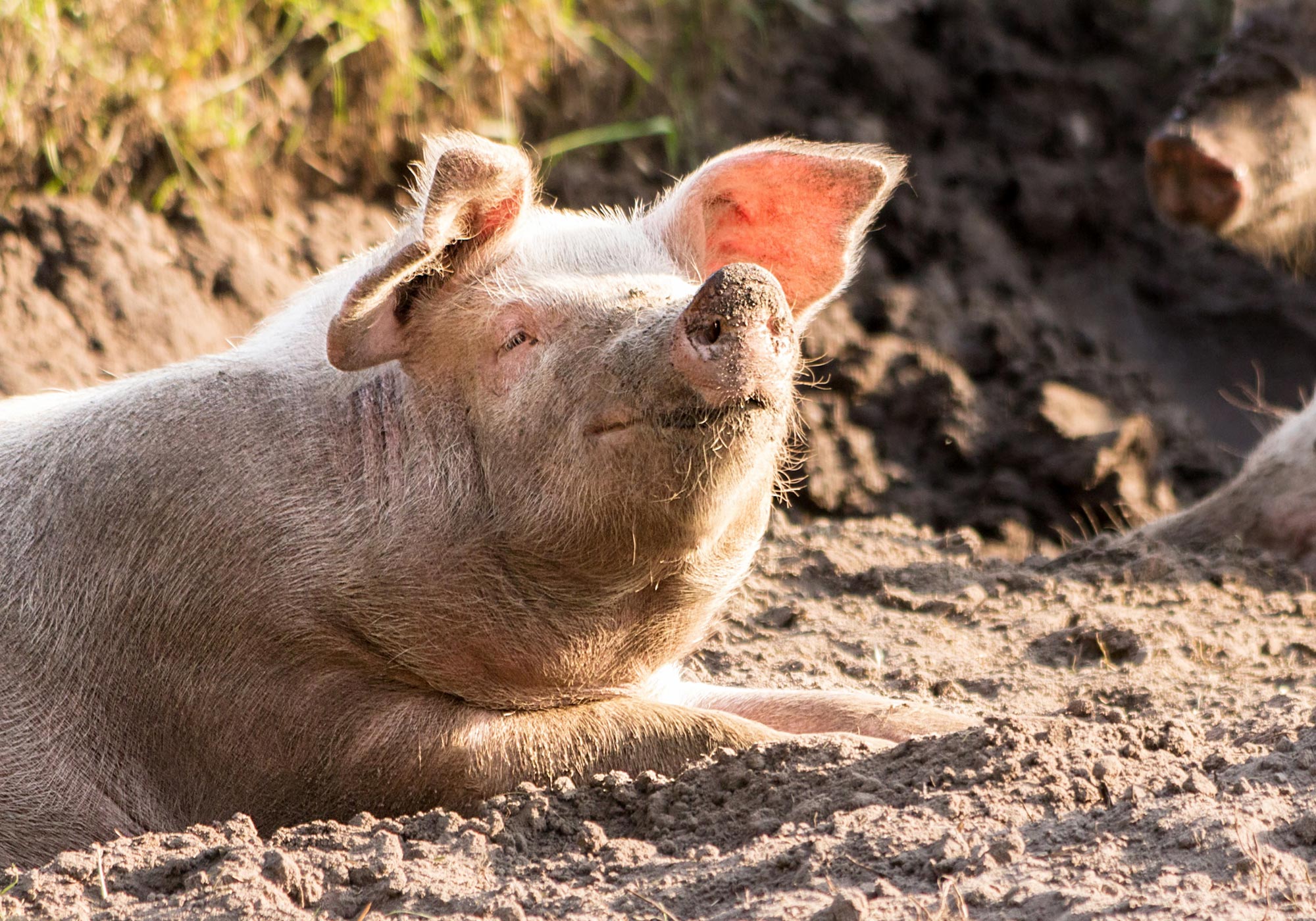

The shochu distillation remains diet is an inexpensive way to reduce animal stress and improve meat quality.
The tastiest pork comes from pigs that eat leftover barley after making the Japanese shochu liqueur. A team of professional brewers and academic farmers claim that the nutrients in the fermented barley leftovers can reduce animal stress, resulting in better sirloin and fillets.
“Kyushu, in western Japan, is historically known for making shochu and for its many pig farms. We hope that collaborative research projects like ours can directly benefit the local community and the global environment, ”said Yasuhisa Ano, the first author of the research paper published in Food Chemistry. Ano is affiliated with the Kirin Central Research Institute at Kirin Holdings Co., Ltd.
Today, the leftover mash left over after distilling the alcohol is considered industrial waste and is often disposed of in a way that generates more climate-changing carbon dioxide. Feeding distillation leftovers to farm animals can improve the quality of life for animals, lower costs for farmers and brewers, appeal to discerning foodies, and benefit the environment by reducing food waste.
Japanese shochu can be made from barley, potatoes, rice, or other starches first decomposed with mold, then fermented with yeast, and finally distilled to an alcohol content generally greater than 20 percent. Incidentally, Japanese sake is a fermented drink always made from rice with an alcohol content typically around 15 percent.
Leftovers reduce stress
Researchers from the University of Tokyo fed six pigs a standard diet supplemented with distillation residues of shochu, the dry mix of barley, mold and yeast left over after distilling the shochu. Pigs fed shochu remnants 3 to 6 months old had higher amounts of antibodies called IgA in their saliva, indicating that shochu remnants kept pigs healthier than the standard diet. In addition, pigs fed shochu remnants had lower stress levels than pigs fed a normal diet supplemented with fresh barley, measured by the amount of cortisol, a common stress hormone, in their saliva.
Other studies have linked healthier responses to stress to two protein building blocks called leucine and histidine peptides, which shochu barley contains in abundance.
The UTokyo research team conducted additional tests on mice to study the effect of barley shochu distillation residues on stress. Mice that ate the distillation debris only once directly before a stressful event returned to normal behavior faster than other mice. The mice that ate the shochu debris also had normal levels of dopamine in their brains after the stressful event, indicating a better response to stress.
Leftover diet makes pork tastier
The researchers suspected that less stress and better health throughout the pigs’ lives created higher quality meat, but asked the Kirin flavor experts for a blind taste test.
According to the palates of the experts, both the sirloin cuts and the pork fillets of the pigs fed with the remains of shochu were of higher quality than the meat of the pigs that ate the standard diet: better umami, tenderness, juiciness and flavor.
“We did not see any difference in pig weight gain between the two diets and the pigs were slaughtered at six months of standard age, meaning that any difference in meat quality was not due to a difference in amount of fat, “said Associate Professor Junyou Li of the University of Tokyo, co-author of the research publication.
That higher-quality flavor is likely due to chemical differences in the meat. The fat from the higher-quality meat melted at lower temperatures, creating the delicious melt-in-the-mouth texture. That fat was also made up of a higher percentage of oleic acid, an unsaturated fatty acid linked by other studies to improved levels of “healthy” LDL cholesterol.
“We hope that identifying these benefits for animals and creating a premium tasting product for consumers will increase farmers’ motivation to try a new diet for their pigs,” said Professor Masayoshi Kuwahara, director of the Animal Resources Science Center at University of Tokyo and latest author of the research publication.
Reference: “The distillation remains of shochu, a traditional Japanese liquor, improve the quality of pork by reducing stress” by Yasuhisa Ano, Jun You Li, Takahiro Jomoto, Daiji Kurihara, Ryohei Nishimura, Hiroyuki Nakayama and Masayoshi Kuwahara , February 26, 2020, Food Chemistry.
DOI: 10.1016 / j.foodchem.2020.126488